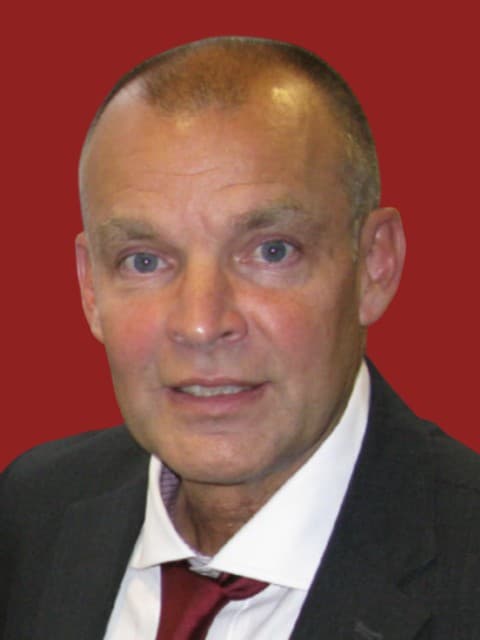Learn how to programme using Python
Do you want to take your coding skills to the next level?

Python programming is a versatile, open-source skill that's in high demand, offering simplicity and the power to tackle real-world problems. In this hands-on interdisciplinary workshop, you'll learn by doing and gain lifetime programming skills, with lots of different resources to support you along the way.
Python for Scientific Computing and AI
Led by Professor Stephen Lynch and PhD students, students will be introduced to Python and Scientific Computing before moving onto Artificial Intelligence. Suitable for those who have some knowledge of programming.
The workshop will run over five days running from 10am-4pm daily, including time for breaks and to apply the theory you have learnt into practice.
By attending the course, participants will:
- Learn how to use Python as a powerful calculator
- Learn how to programme with Python
- Apply programming to computational modelling
- Use Python in future projects and research
- Learn more about Data Science and Artificial Intelligence
The course is open to all students, staff, and alumni at Loughborough University no matter what discipline you study, which campus you are based at, or what department.
Book your place
What are the benefits of using Python?
As a student, Python can be helpful across many academic disciplines. For example, you can use it for facilitating data collection and analysis, generating high-quality visualisations for research presentations, as well as offering tools that can be used in experiments.
Beyond academia, having a good working knowledge of Python can also open a range of exciting career opportunities, in fields such as:
- Data science, analytics and AI
- Scientific computing
- Research
- Cybersecurity
- Web and software development
What do people think of the course?
The course was very interesting and informative. The best part was that it focused on many real-life problems. I will be using programming and modelling in my final year project.
Learning how AI works and how to create programs has really boosted my love for the subject and has grown my ambitions for pursuing it as a career.
About Professor Stephen Lynch

Stephen is a world leader in the use of mathematics packages in teaching, learning, assessment, research and employability. He started using packages in the mid 1980s whilst studying for his PhD in Pure Mathematics. In 2022, Stephen was awarded a National Teaching Fellowship for his work in Widening Participation, programming in the STEM subjects and interdisciplinary research feeding in to teaching.
According to Scholar GPS, he is currently ranked #18 in the world for Dynamical Systems. He is a Fellow of the Institute of Mathematics and its Applications (FIMA) and a Senior Fellow of the Higher Education Academy (SFHEA). He is currently a Professor at Loughborough University.